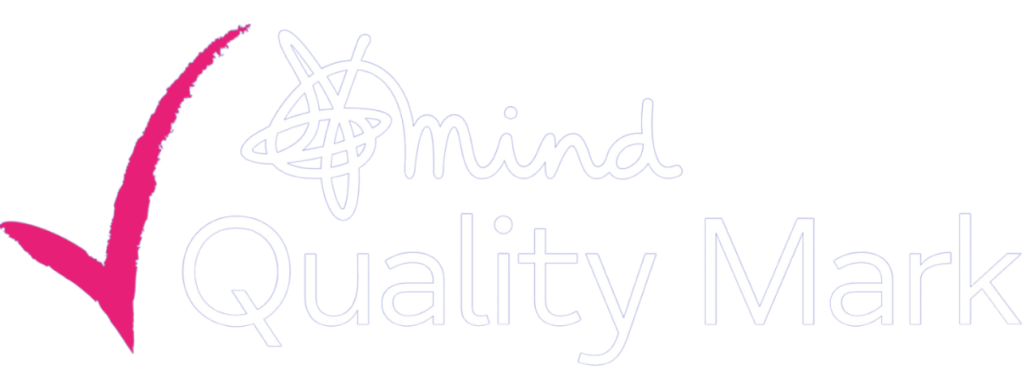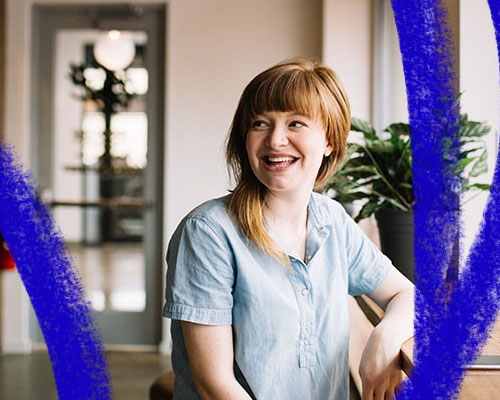Last year at the age of 47 I was diagnosed with ADHD. After a lifetime of feeling different, I finally understood why. Looking back, the signs of ADHD have always been there but I always blamed myself for the difficulties I had. If I could just try even harder, focus more, stick with it and pay attention, then I would do better and be a better person.
ADHD is a neurodevelopmental condition that impacts functioning in multiple areas of life (personal, social, educational, and work). Individuals can experience varying degrees of difficulties despite having the same diagnosis.
It is difficult to explain what it is like living with ADHD, but for me, it is like my brain is busy with all my thoughts and ideas happening at once. My brain is never quiet. From the moment I wake up my brain is full. I find planning and starting tasks difficult. I often jump from one task to another or become fully focused on one thing for a long time. I forget things and lose things, I’m messy, clumsy, and fidgety, and need to set reminders for everything. I often feel restless inside, disorganised, and overwhelmed by everyday things that many people find easy. It impacts my life in many ways and I learn more about it all the time.
It may seem like it can be all negative but on the plus side, I am creative, resilient, and curious and can think outside the box. I love to find out about others and what makes them tick which is why I love working with people. I have had more interests than anyone I know, which means that I tend to know a little about a lot of varied topics. I am also really good at teaching myself new skills when I want to learn something.
Without the knowledge that I had ADHD, I struggled with my mental health because of the difficulties it caused in all aspects of life. I had treatment for depression and anxiety but despite this, my difficulties persisted and I have since learned that depression and anxiety are common in women with ADHD.
I learned about ADHD while looking for information to support my child. The stereotype of a hyperactive boy is often the view held by people about what ADHD is like. Women and girls often present differently and can be inattentive, shy, and internalise a lot of their symptoms.
When I had my assessment and was given a diagnosis of ADHD it was like placing the final piece in a jigsaw. Although I questioned what my life might have been like had I been diagnosed as a child, I was able to look back on past experiences and realise why I had found them so challenging.
Some people have told me I have managed this far in life without a diagnosis so what is the benefit of having this ‘label’ after 47 years? For me, it allows me to have compassion for myself. It gives me the starting point to reframe my life with a new understanding.
I have monthly coaching sessions and hope to try medication in the future, both of which I see as tools to put in the toolbox I am slowly building up to help me find my way, like putting on glasses to see clearly.
Rather than fighting against it, I am learning to work with my neurodivergent brain. This means letting go of who I thought I should be and celebrating who I am.
By Jenny Peterson




